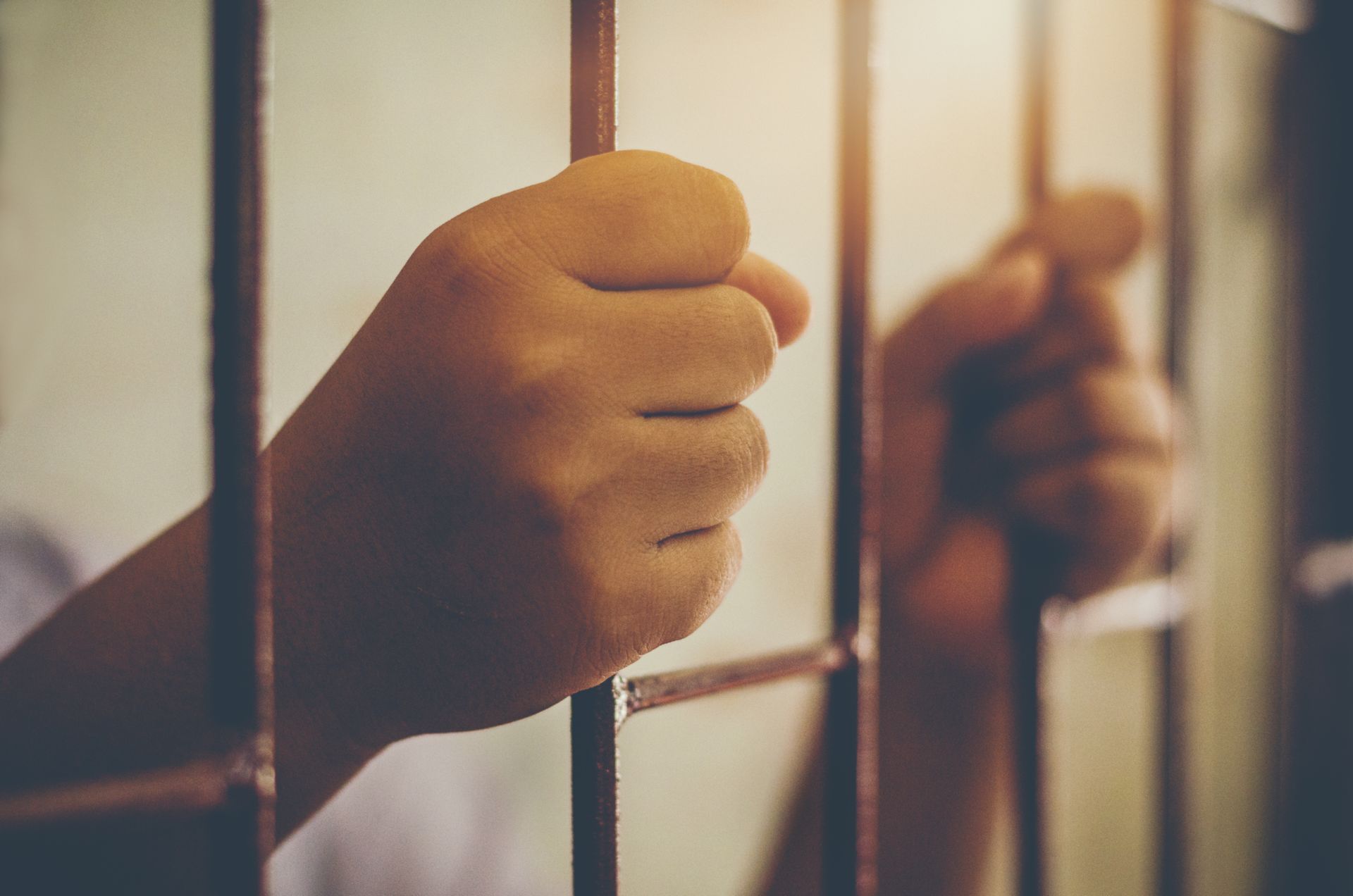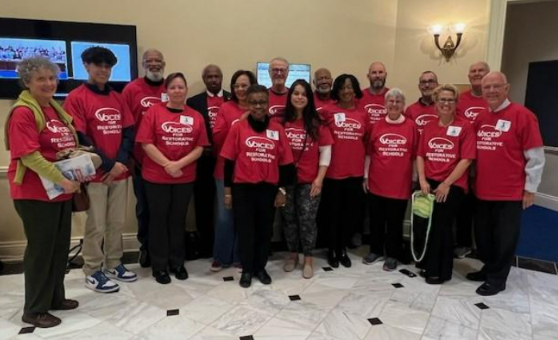Voices Blog

Last year, nearly 45.000 students were suspended in Maryland. 56% were Black students and about 22% were students with disabilities, significantly disproportionate to their numbers in the student population. Restorative practices, properly implemented, can change these facts. Suspended students are 30% more likely to be arrested, 51% more likely to be arrested two or more times, 23% more likely to go to prison and 49% more likely to spend time on probation. Students who are suspended have lower achievement, lower attendance rates and are more likely to drop out of school. And negative consequences of suspension are not limited to the suspended students. Their behavior, poor attendance, bad example impacts the rest of the students in a school as well. Restorative practices will lower the need for suspension. A Restorative School is one in which a premium is placed on building community and improving relationships. Racial and disability discrimination declines. Students feel safe and like they belong. Students and teachers value one another. In short more students behave better. Voices for Restorative Schools is working to create those conditions in Maryland schools. Want to learn more? Want to know how you can help? Become part of the Voices for Restorative Schools network by going to the Get Involved section of the website and signing up.

We succeeded beyond expectation! The bill, containing the essential elements of taking restorative practices to scale was introduced by Delegate Cheryl Pasteur and co-filed in the Senate by Senator Brooks. An amended version, taking account of the legislative concern with costs as the General Assembly faced a structural deficit, was passed by an extraordinary margin of 128-6 in the House of Delegates. The hearings in the House on February 28th and the Senate March 6th were very successful. We mobilized over a dozen individuals to testify in support of the bill and dozens more volunteers to attend and show support. No one testified in opposition to the bill at either hearing. In addition, a powerful coalition of organizations supported the bill including: Maryland State Education Association, Baltimore Teachers Union, the NAACP State Conference, the Caucus of African American Leaders, the Maryland Education Coalition, Maryland Alliance for Justice Reform, Maryland Public Defender’s Office, Maryland Education Coalition, Maryland Out of School Time Network, the ACLU, Center for Dispute Resolution at the University of MD Law School. The Maryland State Superintendent of Schools, while having to maintain an official neutrality, testified in person strongly in favor of restorative practices as a priority. Given the huge success in the House, the successful hearing in the Senate, no opposition, and amending the bill to remove the cost barrier led us to be optimistic the bill would pass. Unfortunately, it did not receive a vote in the Senate committee. We attribute failure in the Senate, in addition to the normal crush of bills at the end of a session, not to actual opposition, but to a combination of the following: The collapse of the Key Bridge created an unforeseen time crunch in the legislature. Quite understandably, legislators needed to address many issues associated with that tragedy. Secondly, a budget impasse has hovered over the House and the Senate due to Maryland’s structural deficit. This disagreement on the budget has reduced time spent advancing other legislative priorities. We are elated with our progress in both raising awareness and with the huge margin of support in the House of Delegates. We are, of course, disappointed with the non-action in the Senate. But our support for enabling all Maryland schools to be Restorative Schools remains as strong as ever. We are currently thinking through next best steps to broaden and strengthen the base of support for enabling all schools to be place that build community, foster positive relationships, where students, teachers, administrators value one another and respect each other’s voices, where equity is the everyday lens through which people act and make decisions. The effort continues.

On March 16, the Maryland House of Delegates passed House Bill 1257 by a vote of 128-6, sending it to the Senate for its action. Below are some photos of Voices’ action leading up to the vote. Voices spoke out powerfully in support of House Bill 1257, sponsored by Delegate Cheryl Pasteur and Senate Bill 917 sponsored by Senator Benjamin Brooks. The Circle members in this photo were some of the 20 who offered visual support in our red T-Shirts. Seven Voices members provided oral testimony in the HB 1257 hearing: David Hornbeck, founder of Voices and Steering Committee chair, Steering Committee members, Edward Lee and Thornell Jones, Rhonda Richetta, principal of City Springs Elementary/Middle School an outstanding Restorative School in Baltimore City, Henry Sierra Levin, an 8th grade student at Hampstead Hill Elementary/Middle School in Baltimore City and his mother Eva, and Steven Plunk, the restorative coach at Hampstead Hill. In the SB 917 hearing, five voices provided testimony: they included, again, David Hornbeck, Thornell Jones and Edward Lee, Voices’ Steering Committee members, Matthew Hornbeck, the principal of Hampstead Hill Elementary/Middle School, an outstanding Restorative School in Baltimore City and Todd Wade, the restorative coach at City Springs Elementary/Middle School in the City.
